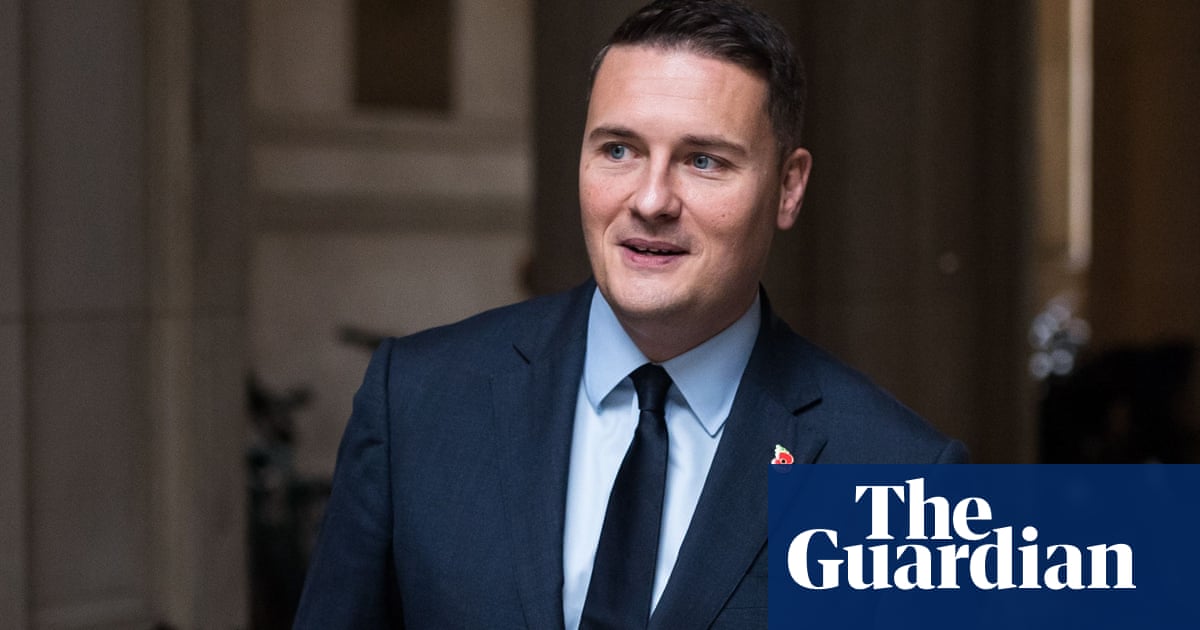In a preview of Vice President Kamala Harris’ interview on “60 Minutes,” the Democratic presidential nominee appeared to signal further that if elected on Nov. 5, she is prepared to take a new U.S. approach to its alliance with Israel.
“[She’s] showcasing that she wants a different direction,” Democratic strategist Ameshia Cross told theGrio.
During the interview, which airs in full Monday night on CBS, “60 Minutes” correspondent Bill Whitaker pressed Harris about Israel’s ongoing deadly war against Hamas in Gaza, resulting in more than 42,000 Palestinian deaths.
More specifically, Whitaker questioned Harris about Israeli Prime Minister Benjamin Netanyahu’s resistance to U.S. calls for a ceasefire and escalating tensions in the region, including in Lebanon against Hezbollah.
“Does the U.S. have no sway over Prime Minister Netanyahu?” queried Whitaker.
In response, Vice President Harris said diplomacy to ensure a ceasefire, hostage releases and a surge in humanitarian aid in Gaza is an “ongoing pursuit.”
“We’re not going to stop in terms of putting that pressure on Israel and in the region, including Arab leaders,” said Harris.
Whitaker further pressed Harris, asking the presidential hopeful if Netanyahu is a “real close ally” of the United States. The vice president sidestepped the question. Instead, she said, “The better question is do we have an important alliance between the American people and the Israeli people — and the answer is yes.”
Cross said Harris’ answer about Netanyahu displayed her “prowess” in navigating a delicate balance as both a vice president who must stand by the policy position of her boss — President Biden — and as a presidential candidate who would ultimately chart her own path.
The political pundit said Harris is being “respectful of both the roles that she has” but also “showing that there will be a new page should she be elected in November and that that page will likely include some level of conditions” for Israel.
Netanyahu has faced mounting criticism both in Israel and across the globe for his handling of the Hamas war, which has led to more bloodshed, including Israeli hostages in Gaza.
Cross noted that the Israeli prime minister is also adding “fire to the coals of a potentially threatening war with Iran, which the United States does not want.” She added, “I would argue that the majority of the Western world does not want either.”
 Vice President Kamala Harris and Israeli Prime Minister Benjamin Netanyahu shake hands before the start of a meeting in the Vice President’s ceremonial office in the Eisenhower Executive Office Building on July 25, 2024 in Washington, D.C. (Photo by Kenny Holston-Pool/Getty Images)
Vice President Kamala Harris and Israeli Prime Minister Benjamin Netanyahu shake hands before the start of a meeting in the Vice President’s ceremonial office in the Eisenhower Executive Office Building on July 25, 2024 in Washington, D.C. (Photo by Kenny Holston-Pool/Getty Images)Netanyahu’s leadership in Israel remains rocky, as some Israelis have called him to step down as prime minister. Some of them blamed Netanyahu for instigating the war in Gaza and not doing enough to end the war and bring back hostages. Foreign experts also point out that Netanyahu likely wants to see the war continue for political purposes.
“Netanyahu, much like former President Trump, is somebody who does not want to go to prison for crimes that he has committed and has been alleged to commit,” Cross said of the prime minister, who still faces corruption charges in Israel.
“[He] is willing to double down on a war to protect himself from the consequences of his own actions,” Cross added.
Edward Ahmed Mitchell, deputy director of the Council on American-Islamic Relations (CAIR), told theGrio that Harris and President Biden “should admit the truth to the American people: Benjamin Netanyahu is not our ally.”
“He is an anti-Arab racist, a corrupt politician and a war criminal who has literally spent decades disrespecting American presidents, making a peaceful end to the occupation of Palestine impossible and entangling our nation in wars across the Middle East,” said Mitchell.
Ultimately, Cross said, the only “real weapon at the U.S.’s disposal” is a commitment to limiting arms and funding to Israel, something Biden has been reluctant to do.
Though Harris has fallen short of calling for such conditions for Israel, she has gone further than Biden in her public statements calling for a ceasefire and acknowledging the suffering of innocent Palestinians, including women and children. The war is also a major concern for American voters, particularly young voters, Black voters and Arab Americans.
“She’s met with the uncommitted voters. She’s met with groups of Palestinians. She is listening to them in a way that I think is helping her to form some of her ideology around what should come next,” said Cross.
“There is a better way,” she continued. “There is a way to protect your nation and say that you are retaliating against someone who has committed an atrocity against you, but these innocent people have not.”
.png)









 English (US) ·
English (US) ·